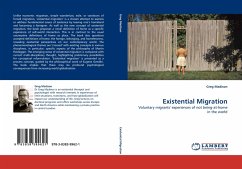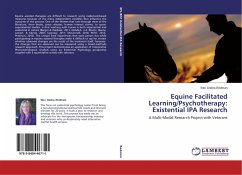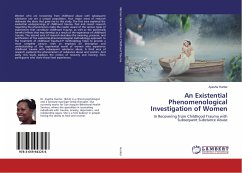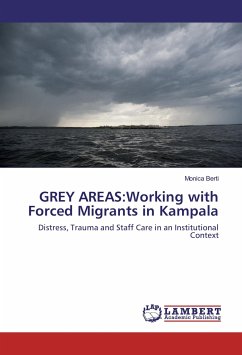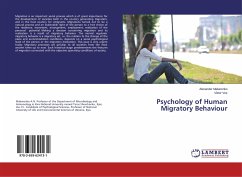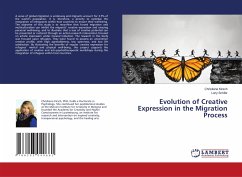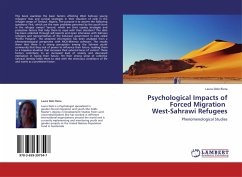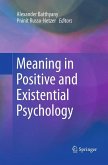Unlike economic migration, simple wanderlust, exile, or variations of forced migration, existential migration' is a chosen attempt to express or address fundamental issues of existence by leaving one's homeland and becoming a foreigner. As well as the new concept of existential migration, the book proposes a novel definition of home as a specific experience of self-world interaction. This is in contrast to the usual assumptive definitions of home as place. The book also questions accepted definitions of home, the foreign, belonging, and homelessness, revealing existential perspectives on our contemporary world. The phenomenological themes are "crossed" with existing concepts in various disciplines, in particular, specific aspects of the philosophy of Martin Heidegger. The emerging sense of existential migration is compared with current multi-disciplinary thought, highlighting preliminary possibilities for conceptual reformulaton. Existential migration' is presented as a process concept, guided by the philosophical work of Eugene Gendlin. The book implies that there may be profound psychological consequences from increasing world globalisation.
Bitte wählen Sie Ihr Anliegen aus.
Rechnungen
Retourenschein anfordern
Bestellstatus
Storno

